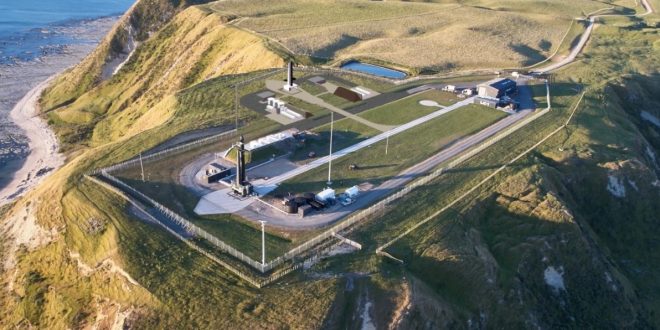Rocket Lab’s next Electron mission will attempt marine booster recovery, the latest step in its reusability program.
“Baby Come Back” will launch from Rocket Lab’s Launch Complex 1 on New Zealand’s Mahia Peninsula. Launch begins July 14. The Electron rocket will launch four NASA CubeSats, two Spire Global radio frequency satellites, and a Space Flight Laboratory demonstration satellite.
Starling, NASA’s “swarm” satellite mission, will test autonomous maneuvering and onboard relative navigation.
Rocket Lab will use a parachute to control the Electron booster’s splashdown in the ocean and retrieve it with a customized vessel after launch. The booster will be returned to the company’s production complex for analysis and possible refurbishment for future flights.
Rocket Lab has developed two methods to recover Electron boosters: marine recovery and helicopter recovery. The latter is hard. The company has tried the helicopter method twice. The first time, the helicopter grabbed the booster but released it immediately. Due to a booster telemetry data loss, one helicopter pilot aborted the second catch.
The company has recovered the stage from the ocean several times. Rocket Lab launched its first pre-flown Rutherford engine in April. Rocket Lab said Electron survives ocean splashdown in its engine reuse announcement.
“Extensive analysis of returned stages shows that Electron withstands an ocean splashdown and engineers expect future complete stages to pass qualification and acceptance testing for re-flight with minimal refurbishment,” the company said. As a result, Rocket Lab is focusing on marine operations to recover Electron for re-flight.
Marine recovery is simpler, and Rocket Lab may succeed if it can refurbish booster components cheaply.
 Tech Gadget Central Latest Tech News and Reviews
Tech Gadget Central Latest Tech News and Reviews




